The naira has just been effectively devalued — so why are some people jubilating? The way economists, financial experts, bankers and analysts were celebrating on Wednesday would make you think crude oil price had just hit $120 per barrel and Nigeria’s production level has risen to 2.5mbpd. But no. The CBN had just told us the exchange rate would no longer be fixed; in fact, there would be no official rate again. It would be determined by market forces. That means the naira could go as high as N350/$1 in the interbank market in the next few days, starting from tomorrow. Can somebody please explain to me why this calls for champagne?
I would hazard a guess. I would imagine the dollar to be a tuber of yam. And I would imagine CBN as the biggest, if not the sole, official seller of yam in Nigeria. So CBN says every tuber is N197. Sellers demand for 1,000 tubers and CBN can hardly supply 100 because — come to think of it — the central bank itself does not have enough tubers in its yam reserves. You don’t have enough of a thing and you fix the price so low? What happened to the law of demand and supply? Who on earth does that? As a result, traders at markets in Bodija, Ariara and Birni Kebbi start selling yam at N222, having received their own yams elsewhere — including through the back door.
Knowing fully well that CBN’s N197 price is unsustainable because the bank itself is not getting more supply of yam and can therefore not meet the demand, the markets go into serious speculation, turning yam into kalo-kalo, stockpiling tubers and making quick profit. Yam soon starts selling for N250 across the fence. The president keeps saying he will not “kill” yam by increasing the price. The central bank now comes up with guidelines to manage “demand” for yam: if you weigh more than 100kg, no yam for you; if you have more than four wives, no yam for you; if you don’t wear glasses, no yam for you; if you’re too dark, no yam for you.
What happened next? The price of yam across the fence goes crazy. The sellers and buyers are no fools. They know CBN does not have enough yams and can therefore not meet the demand. So the market keeps going into frenetic mode, and soon yam is selling for N300. CBN even says it will sell yam to you if you are going to eat it with only palm oil and garden egg, but even those who are qualified are crying that they ask CBN for 1,000 tubers and get only 50, so they have to head for Bodija to buy the balance — at N350 per tuber! Who exactly is benefiting from CBN’s yam then? It becomes very clear that something has to give. And only one thing will give: CBN’s N197.
Advertisement
So Mr. Godwin Emefiele, the CBN governor, finally tells the world that the CBN is tired of selling what it does not have. We are now going to create a new market where yam sellers and yam buyers will meet over coffee, agree on the price, shake hands and go home smiling. Here comes the interbank market! Having held on to the N197 price for 16 months — during which the gap between the official “fake” price and the Bodija “real” price had gone miles apart — the CBN has finally given up. Now if the “real” price at Bodija is N350, doesn’t that mean the new market price will be around N350? And some people are celebrating?
You see, while the CBN and the president were busy saying yam must sell for N197, those who had plenty yams to bring into Nigeria simply sat back. Why should I sell my yam to CBN at N197 when I can get N350 at Ariara? Tufiakwa! God forbid! I didn’t come to count bridges in Lagos. I would rather go to Ariara and do good business with my yams. In the process, so many people that could have brought yam into the country either refused to do so, or took it quietly to Ariara and made serious money. Some kept their yams abroad and started selling to Nigerians who were ready to pay the equivalent of N350. CBN’s yam stock cannot grow like this. Simple.
By freeing the yam market so that the seller and the buyer can reach a price, the CBN is opening doors for possibilities. The first is that those who have been hiding their yam can now bring it out into the open, since nobody is forcing them to sell at N197 anymore. That means more yams. Those who have refused to send yam to Nigeria can now change their minds. That means more and more yams. Those selling at Sabongari market are now less disposed to speculation, since there will now be more supply of yam to the market. The best case, therefore, is that more yams will make the price stable, or even bring it down to as low as N250, and stop the crazy speculation.
Advertisement
Let’s stop talking yam and start talking dollars now. Raw dollars. The decision of the CBN to liberalise the currency market is generating excitement, and rightly so, but still, nobody can accurately predict the outcome. The immediate positive impact is that investor confidence in the economy will be renewed, as we are already seeing in the stock market which achieved its best results for the year after Emefiele’s press conference. Those holding on to dollar assets will start to let go, knowing also that there is now a more stable way of making money through investment. Foreign investors could become our friends again: we badly need their capital to breathe life into the economy.
But the consumer will not be laughing in the short run. The market may open tomorrow at exactly the black market rate — N350/$1. It may be less. So the rate is still high. But what am I even saying? We have been buying goods and services at N350/$1 for long! The inflation we were running away from was already upon us! Only NNPC was getting its full dollar demand from CBN at N197, but as soon as the central bank said it was no longer possible, the government adjusted petrol price to N145 per litre at an exchange rate band of N285-N300/$1. Therefore, we have been paying the price all along. That is why inflation is 15.6% — the highest since February 2010.
What has happened in the last one year is that we have been suffering the effects of FX-inspired inflation — without enjoying the benefits of it. We suffered for nothing, for one year. The three tiers of government were sharing oil revenue at N197/$1 and buying goods and services at over N300/$1. Meanwhile, states are unable to pay salaries. With the naira now “floating”, they can now get bigger revenue. Call a worker and ask her: we have two options — to retain naira at N197/$1 and sack you, or to devalue the naira to N300/$1, have bigger allocation to pay you, but your salary will now be worth 15.6% less because of inflation. What option do you think the worker will pick?
Nevertheless, it is not all that straightforward. The cup may end up half-full or half-empty, nobody knows. By liberalising the market, we expect more inflow of FX. What if it does not happen? This has been my worry all along. It takes more than monetary policy to attract good investment. Investors have plenty options, not just Nigeria. They will examine the environment. Are the fiscal policies good enough? Are contracts respected? Are court orders obeyed? Is there infrastructure? Is there security? Any country that is going to attract massive (not marginal) investment must answer these questions satisfactorily. Exchange rate is just one factor in investment decisions.
Advertisement
And there remaineth one more thing. I’m worried that the CBN has retained the exclusion of 41 items from the “liberalised” forex market. I want to state, yet again, that it is not monetary policy that will boost local industry. It is policies and incentives. Retaining the FX ban means these importers will continue to patronise the black market; therefore, the pressure on the black market will remain high. That will create two problems: one, the interbank rate and parallel rate will not converge anytime soon, but will instead continue to go apart; two, and consequently, the door to arbitrage will remain wide open. We could end up not achieving the desired results.
You can “ban” the 41 items in different ways without offending the almighty World Trade Organisation (WTO) and Western powers. As I have written previously, President Muhammadu Buhari can borrow a leaf from ex-President Olusegun Obasanjo. The “backward integration” policy worked magic in the cement industry: you could only import if you were already setting up the factory in Nigeria. Today, we don’t import cement again. Buhari too can say: you can only import toothpicks, etc, if you are already setting up the factory in Nigeria. All in all, I’m happy that the government is finally showing some flexibility. We needed it badly.
Now I’m eating roasted yam and celebrating like crude oil is $120 again…
AND FOUR OTHER THINGS…
PDP MELTDOWN
Advertisement
I regularly shake my head, in pity, whenever I see APC members celebrating the dilapidation of PDP. Every lover of democracy should be genuinely worried. What we call democracy thrives when there is competition, when there are options, when ideas are contending against each other. PDP sat arrogantly in power for 16 years because the opposition could not get its act together — and we saw what happened last year when opposition finally managed to forge an alliance. Now APC is in danger of becoming another arrogant bunch in the absence of formidable opposition to put them on their toes. Disturbing.
OSUN SCARVES
Advertisement
There is something about the hijab controversy in Osun state that I don’t understand. Did the court rule that all students should wear the head scarf? Or did it say Muslim students only? Now if it is Muslim girls only, how is that a problem for Christians? Also, are the schools set up by Christian missionaries still owned by them or by government? I attended a Christian mission school and Muslims were allowed to express their faith without trouble. In addition, Deeper Lifers wore their scarves and it was not a problem for us. I’m worried, though, that Governor Rauf Aregbesola inherited a state that used to be known for religious tolerance, but the story has changed. Unfortunate.
STATE OF ORIGIN
Advertisement
My niece, Bisola, applied to study medicine at the Kaduna State University last year. With a score of 262 in UME, she more than met the cut-off mark. But there was a problem: they said she was not a Kaduna “indigene” and that KSU medicine was for “indigenes only”. You know what? Bisola was born in Kaduna. She did her primary and secondary schools in Kaduna. She never stepped out of Kaduna for one day until she clocked 18 — and that was last year after she lost her mother (my sister). This “state of origin” thing is backward thinking. For once, #IAmWithDinoMelaye. Reform.
‘BRITAIN FIRST’
Advertisement
On Thursday, June 23, Britons will vote in a referendum to determine whether to leave or remain in the European Union. Labour MP, Jo Cox, a pro-Remain campaigner, was stabbed and shot dead on Thursday by a man reportedly shouting “put Britain first” — the language of those who want to leave the EU. And that is the trouble with the referendum. It is not exactly a rational debate about economics, politics and international co-operation. Rather, it is turning out to be an anti-immigration campaign. It is nothing but raw xenophobic emotions, which expectedly becloud reasoning based on facts and figures. Tragic.
4 comments

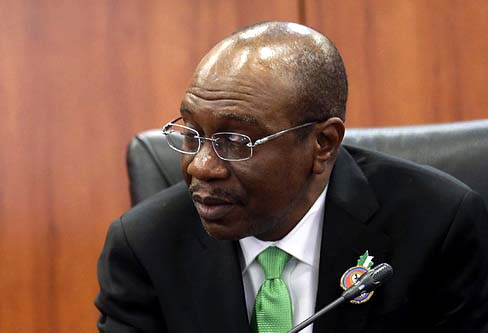
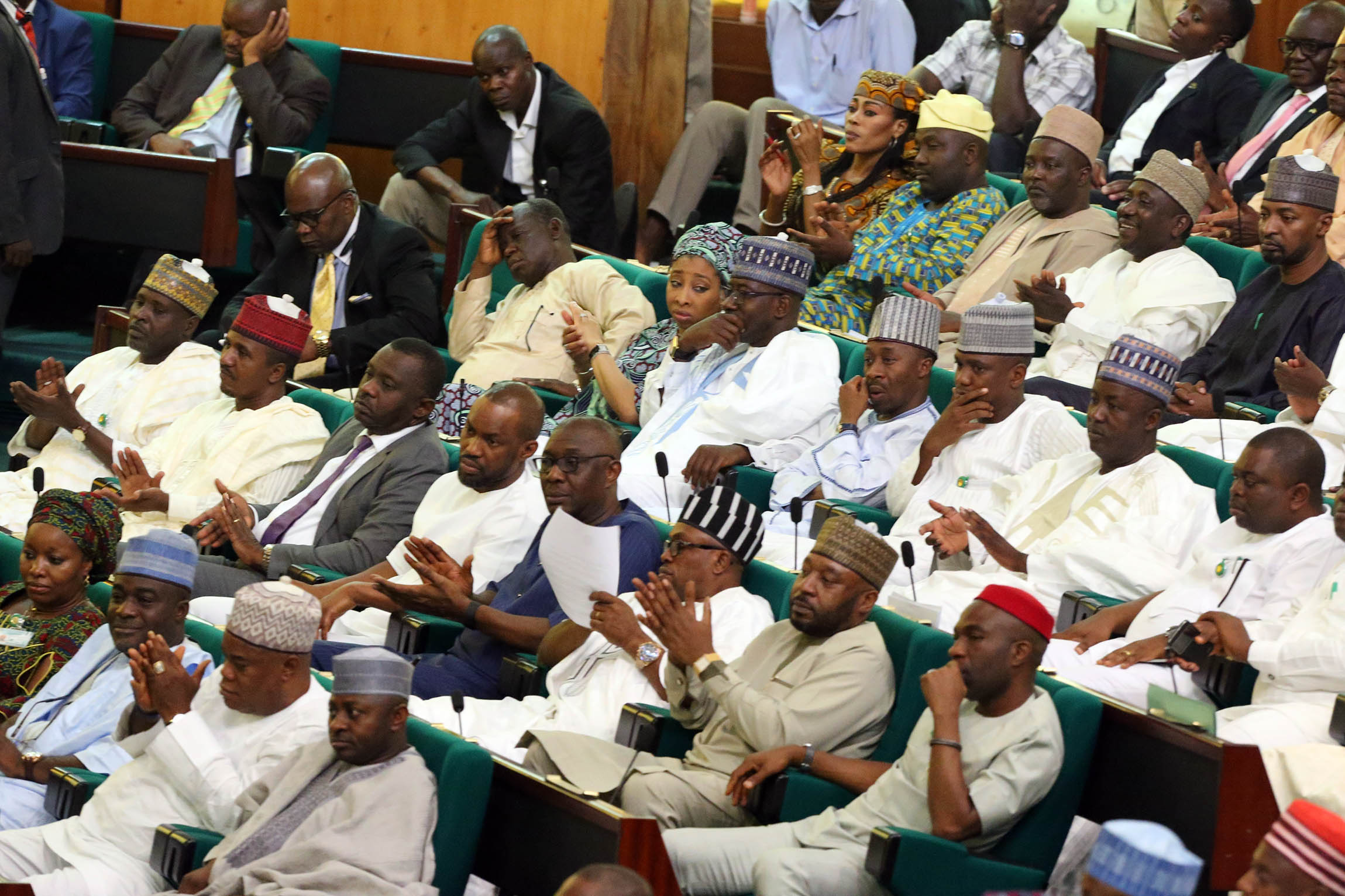

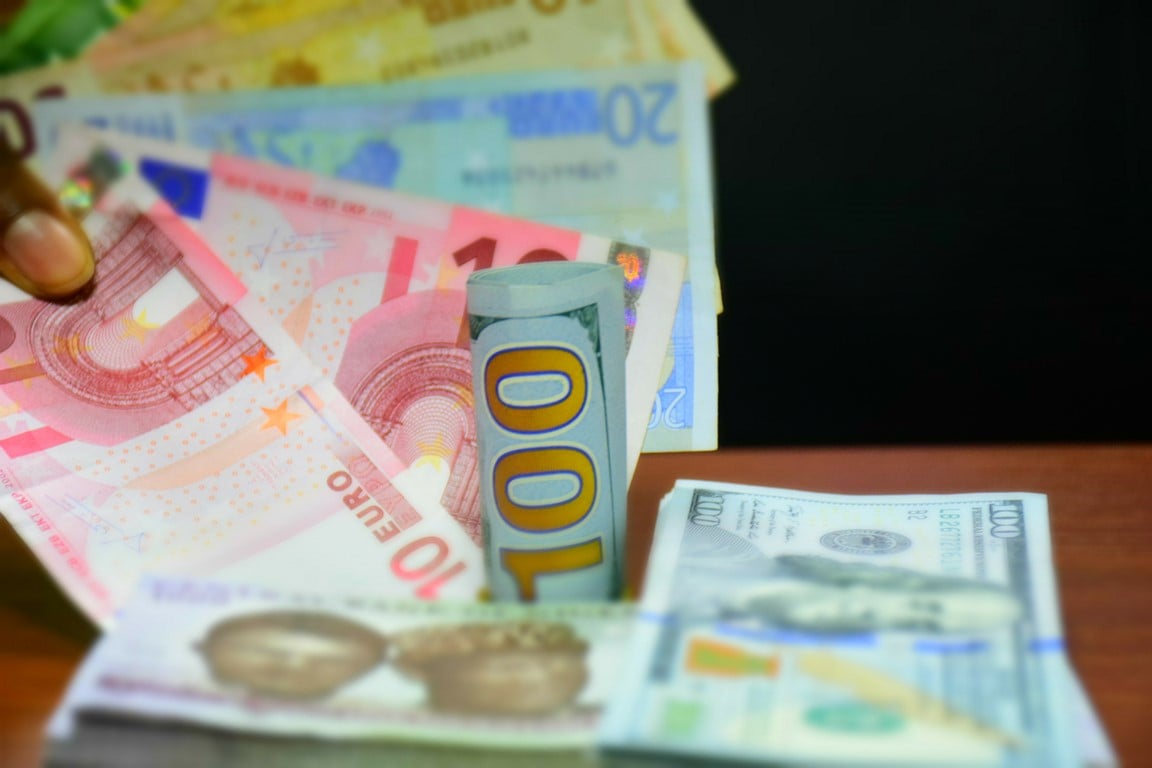

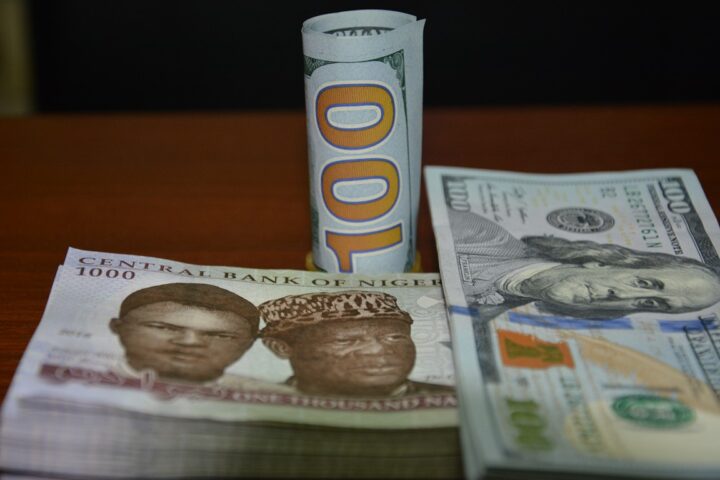
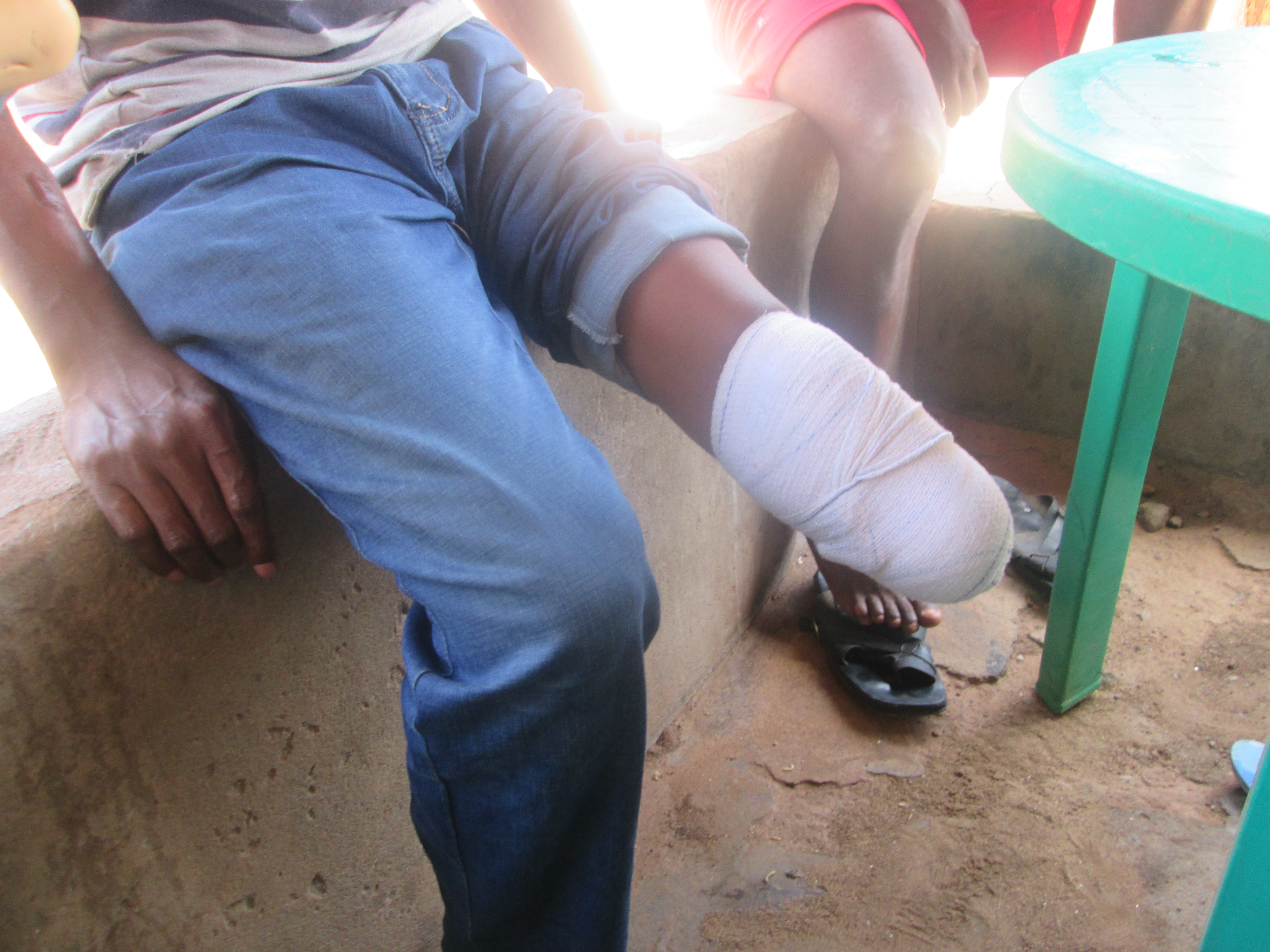
And Oga Simon had to use YAM and Diezani’s BODIJA market to explain the new FX policy, brilliant. I pray the wailing wailers don’t come for you. LOL
Thomas, calling somebody a wailing wailer simply because of his opposing position is utter rubbish. How are you different from those you call wailers? Are we not all buying from the same gas stations at 145 per litre?
A lot of Nigerians are suffering as a result of this State of Origin issue . Its nice to know that you have joined Dino for the abolition of it now that your sister is at the receiving end this backward thinking.
Dear SK, you can be rest assured that the gap between the interbank rate and black market rate would not close in a hurry. And if the rate at the black market is a factor in determining fiscal policy, then we can expect to see continuous devaluation of the Naira for a long time, only mitigated by demand elasticity. Note that the only time the gap was significantly bridged was when the CBN directly intervened in the parallel market.
As for the increased inflow into the country, no evidence supports that notion because, as noted above and in your article, the black market remains available for better returns on FX. Besides, given the function of money as a store of value, why should any rational person want to keep his money in Naira, rather than Dollars, with the clear risk of further devaluation?
Again, nothing evidences our over dependence on imports than our policy initiatives that tend to support non existing FDIs against low hanging Local investment potential (LDI). To continue to hope that foreigners would come and salvage our economy is most naive and foolhardy. We want to import everything including investment. Pretty sad.
What in the world makes us presume that the West would want another “China” in Africa to contend with? We seem to be ignorant that we are operating in a zero-sum global economy.
My view is that we are yet to properly identify and define our challenges as a country and therefore unable to appropriately prescribe the best solution.
My prescription: We must initiate monetary and fiscal policies that would encourage large scale investments locally. Many Nigerians have the resources, home and abroad, to trigger significant growth. I call it the “Dangotetization” of the economy. So beyond encouraging SME, worthy as it is, we must deliberately encourage local investments. As did the US in 2008 by directly supporting strategic businesses.God knows we need many more Dangotes, in patriotism and deeds.
I do not know where this idea came from that the west does not want us to progress economically. All the countries that have achieved rapid growth in the last 50 years have done so with the help of the west. Japan, south Korea, Taiwan , Hong Kong, as well as China. Western Technology, Capital and markets have played a fundamental role in the progress of these countries.
If the conditions are right Capital will come to Nigeria. A prosperous and stable Nigeria is good for the west. They will not come here to help us for free but they will do business with us. set up factories, invest in our projects etc and that’s all we need. We don’t need help.